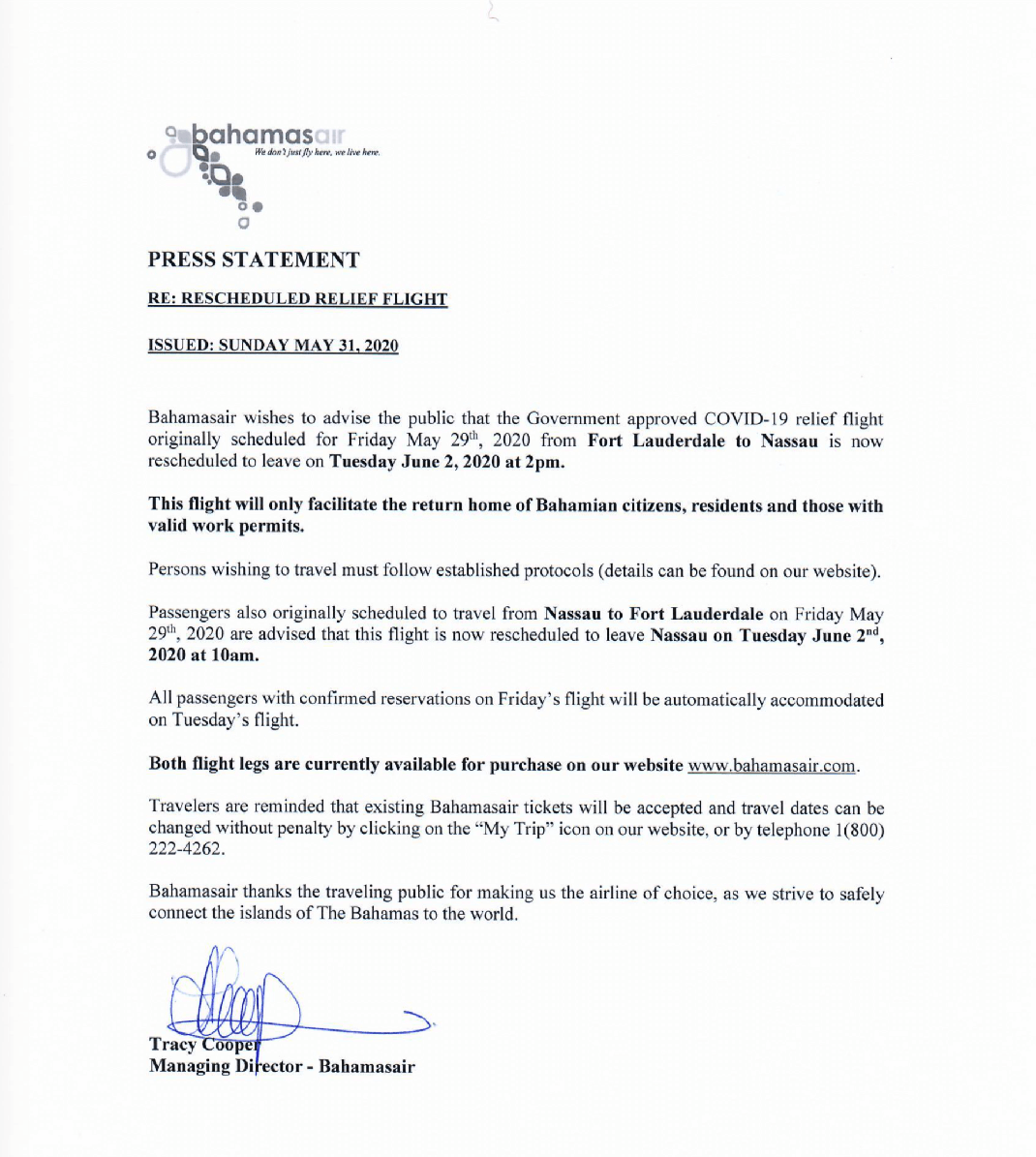Navigating the Turbulence: A Passenger’s Guide to Flight Rescheduling
Flight delays and cancellations are an unfortunate but inevitable part of air travel. However, when your flight is rescheduled, it can throw your travel plans into disarray and leave you feeling frustrated. This article aims to provide you with a clear understanding of flight rescheduling, your rights as a passenger, and how to navigate these situations effectively.
Why Flights Get Rescheduled
Before diving into the details, it’s essential to understand why airlines reschedule flights in the first place. The reasons can be broadly categorized as follows:
- Operational Issues: This is a catch-all term that includes factors such as:
- Aircraft Maintenance: Safety is paramount. If an aircraft requires unscheduled maintenance, the flight will be delayed or rescheduled.
- Crew Availability: Airlines must adhere to strict regulations regarding crew rest periods. If a crew member is unavailable, the flight may be affected.
- Knock-on Effects: Delays earlier in the day can have a cascading effect, impacting subsequent flights using the same aircraft.
- Weather Conditions: Severe weather (storms, heavy snow, fog) can make flying unsafe, leading to delays and rescheduling.
- Air Traffic Control (ATC) Issues: Congestion in the airspace or at airports can cause delays and rescheduling.
- Low Demand: In some cases, if a flight is not selling well, the airline may choose to consolidate flights, resulting in a reschedule.
Understanding Your Rights as a Passenger
When your flight is rescheduled, you have certain rights that airlines must uphold. These rights vary depending on the region and the airline’s policies, but here are some general principles:
- Notification: Airlines are generally obligated to notify you of a flight reschedule as soon as possible. This notification should include the new departure time and any available alternative options.
- Compensation and Assistance: Depending on the circumstances and the jurisdiction (e.g., EU, US), you may be entitled to:
- Care: This includes meals, refreshments, and accommodation if the delay is significant.
- Rebooking: The airline should offer you the option of rebooking on the next available flight to your destination, at no extra cost.
- Refund: If you choose not to travel due to the reschedule, you may be entitled to a full refund of your ticket.
- Compensation: In some cases, particularly in the EU, you may be entitled to monetary compensation for the inconvenience caused by the delay.
Practical Steps to Take When Your Flight is Rescheduled
-
Stay Informed:
- Monitor Notifications: Keep a close eye on email, SMS, and the airline’s app for updates.
- Check the Airline’s Website: The airline’s website usually has the most up-to-date information on flight status.
- Use Flight Tracking Apps: Apps like FlightAware or FlightStats can provide real-time information on flight delays and reschedules.
-
Contact the Airline Immediately:
- Phone: Call the airline’s customer service hotline. Be prepared for potentially long wait times.
- In Person: If you’re at the airport, speak to a representative at the airline’s desk.
- Social Media: Some airlines offer customer service via Twitter or Facebook.
-
Explore Your Options:
- Rebooking: Ask the airline about rebooking on the next available flight to your destination. Consider alternative routes or airports if necessary.
- Refund: If you no longer wish to travel, request a refund.
- Alternative Transportation: If appropriate, inquire about alternative transportation options (e.g., train, bus) and whether the airline will cover the cost.
-
Document Everything:
- Keep Records: Save all communication with the airline, including emails, SMS messages, and boarding passes.
- Take Notes: Jot down the names of airline representatives you speak with and the details of your conversations.
-
Know Your Rights:
- Research Regulations: Familiarize yourself with the regulations in your region (e.g., EU Regulation 261/2004, US Department of Transportation rules).
- Seek Legal Advice: If you believe the airline has violated your rights, consider consulting with a legal professional.
Proactive Measures to Minimize Disruption
While you can’t prevent flight reschedules, you can take steps to minimize their impact:
- Book Early Flights: Early morning flights are less likely to be affected by delays that accumulate throughout the day.
- Allow Ample Connection Time: If you have connecting flights, leave plenty of time between them to account for potential delays.
- Travel During Off-Peak Seasons: Flights are generally less crowded and less prone to delays during off-peak travel seasons.
- Consider Travel Insurance: Travel insurance can provide coverage for expenses incurred due to flight delays, such as meals, accommodation, and rebooking fees.
Recent Trends and Data
According to data from FlightAware, in 2023, approximately 2.3% of flights worldwide were canceled, and a significantly higher percentage were delayed or rescheduled. Factors contributing to these disruptions include:
- Post-Pandemic Travel Surge: The rapid increase in air travel demand has strained airline resources.
- Staffing Shortages: Many airlines are still grappling with staffing shortages, particularly among pilots and air traffic controllers.
- Geopolitical Instability: Events such as the war in Ukraine have led to airspace restrictions and disruptions.
Conclusion
Flight rescheduling can be a frustrating experience, but by understanding your rights, taking proactive steps, and staying informed, you can navigate these situations more effectively. Remember to communicate with the airline, explore your options, and document everything. While you can’t control the factors that cause flight reschedules, you can control how you respond to them. Safe travels!


Leave a Reply